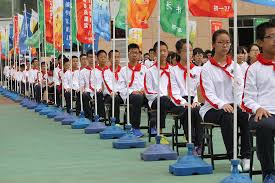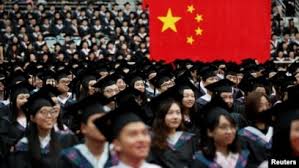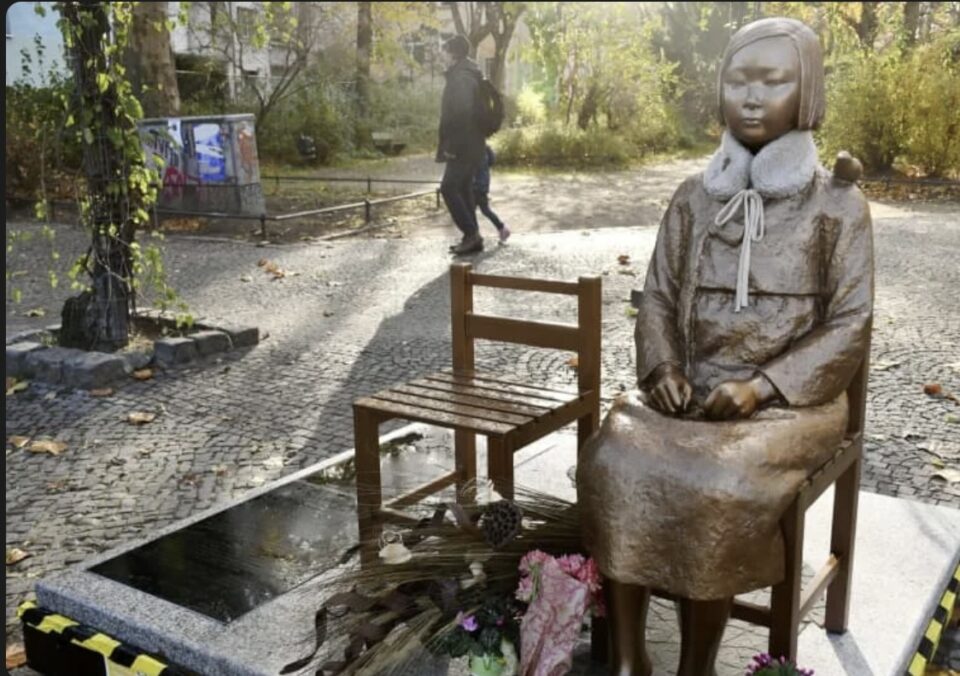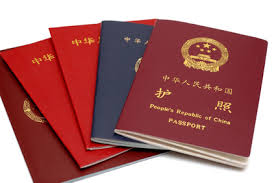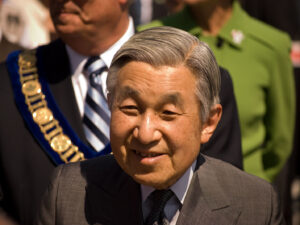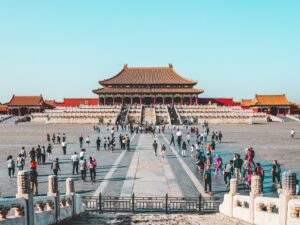Chinese Textbooks Becoming More Political
It has been reported by many media outlets, including my own, that a portion of the wealthy and middle class Chinese have been “jun” (run = emigrate, emigrate, flee, etc.) to Japan over the past few years. In the background are China’s political risks (uncertainty, instability) and the lockdown of the Corona disaster, but according to several Chinese people I have interviewed recently, a “third reason” also accounts for a fairly large portion.
That is, “I never want my child to receive the current Chinese education. As I have written before in “Why Chinese Are Buying Japan,” there are a wide range of concerns about living in China, including worries about confiscation of property, fragile medical conditions, concerns about old age, information control and other speech impediments, and the Taiwan issue. Among these, however, they are particularly vocal: “A Chinese man who came to Japan at the end of his children’s 22nd year has two children, one in elementary school and the other in junior high school. He had both of them attend an international school in China (hereinafter referred to as “Inter”), but after his family of four was stranded during the lockdown, he decided to sell one of his two houses and move to Japan.
The lockdown was the catalyst for his decision, but he also said that the influence of the Xi Jinping administration had been slowly creeping into the schools his children attended for some time, and he felt uneasy about this.
Teaching: “In China, Xi Jinping ideology began to be taught in some schools from the new school term in September 2009. My friend’s child attended an ordinary public elementary school, but at that time he was given a textbook called “Student Reader of Socialist Thought with Chinese Characteristics in the New Era of Xi Jinping. The textbook contained information about how great and morally superior Mr. Xi Jinping was.
However, as the textbook progressed through junior high school and high school, it became more and more political, and my friend said that the thought of 12 years of thought control was frightening.
In China, patriotic education has been provided in the past, but it was mainly to learn about the history of the war, etc., and museum tours were the main activities. It was not something that was taught in class every day. But I was quite concerned about the fact that certain politicians were even mentioned in the textbooks.
Fortunately, inters did not have much to do with it, and the Xi Jinping textbooks were not used at the same time, but I gradually began to feel the effects of it, and I knew that even though I was an interschool student, if the school was in China, I did not know when or how the government would notify me. So, it is no exaggeration to say that I decided to move to Japan, where I could live freely regardless of politics and where the level of education is high.
It is an “upbringing issue.
The man’s child continued to attend an interchange in a local city in Japan. He did not want his English education to be interrupted, so he said, “I am glad that there is an interchange in Japan that is affiliated with the same one I had my child attend in China.
There were several children of Chinese parents there who shared the same view as this man.
Seeing the forced military training, “I don’t want them to get an education.”
Another Chinese man, who also came to Japan in 2010, has one child in elementary school. This man had long been distrustful of Chinese politics and had been considering emigrating to Japan, where he knew many people, for quite some time, but was forced to postpone his emigration plans when the corona disaster struck.
At the end of the corona disaster, he was finally able to move to Japan, but like the aforementioned man, he was adamant that he did not want his children to receive a Chinese education.
The thing I hate the most is military training in school,” he said. For a long time, when students entered junior high school, high school, or university, they had to go through two weeks of military training, which was mandatory. I experienced it myself, and I have memories of hating it.
Perhaps because of the Taiwan issue, military training has recently been introduced even to elementary school students. When I saw children who were still very young being forced to undergo military training in order to confront the enemy, I thought from the bottom of my heart that I did not want my children to receive any more Chinese education” (the same man).
Decided to move to Japan because of the high level of Japanese education.
This is why he came to Japan, but this man believes that he does not have to send his child to a famous Japanese school like many other Chinese living in Japan.
He said, “My Chinese friends who live in Japan are eagerly sending their children to cram schools in order to send them to famous universities such as Tokyo University, but I don’t think that way. I think that a normal school is fine.
I heard that in Japanese elementary schools, children are given lunch duty and cleaning duty, which are necessary experiences in childhood, and I think it is a wonderful thing about Japan.
Even in Japan, there is no need to cram education the same way as in China. I believe that when a child becomes accustomed to life in Japan and starts to pursue a path of his or her own choice, we should let him or her study what he or she needs to study at that time. This kind of bright hope is perhaps the greatest joy of moving to Japan.”
This man told us this.
Currently, most of the Chinese who wish to move to Japan are wealthy people in their 30’s to 50’s. The biggest reason for them to emigrate to Japan has been the political situation. Until now, their main reasons for emigrating to Japan have been political risk and preservation of their wealth, but their story made me realize once again that educational issues are also a major factor in their decision to emigrate.
